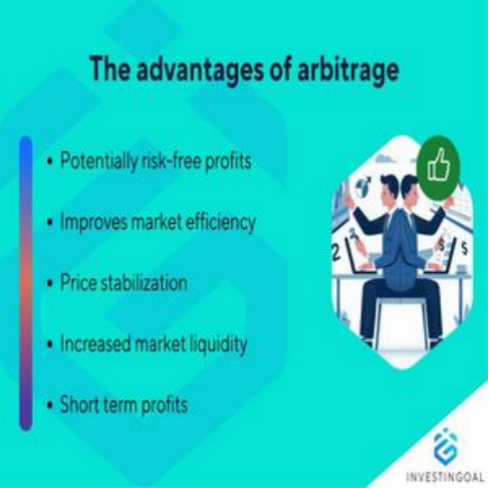The Hidden Equity in Expertise
Employment within companies goes beyond just receiving a paycheck; it also provides an opportunity to acquire useful skills that have the potential to generate income. For example, a senior marketing director involved in high-end brand campaigns could monetize that knowledge by conducting workshops, charging \(5,000 per participant. Likewise, a technology manager who develops software-as-a-service products may choose to consult for startups during weekends, making \(300 an hour. These alternative revenue sources, rooted in professional credibility, can exceed standard salaries in just three years. Your regular job is not simply a task; it serves as a foundation for building skills that can lead to passive income.
Leveraged Income Through Systems
Even high earners may get trapped in the cycle of exchanging time for money, but systems can provide a way out. For instance, a finance manager could create a subscription service that automates budget tasks for small businesses, and this could generate monthly revenues of $10,000 as it gains popularity. Likewise, an HR director who develops leadership training might offer their program to companies and earn royalties whenever it is utilized. These opportunities go beyond mere “side jobs”—they are scalable approaches to broaden your career, turning the conventional 40-hour workweek into continuous income sources.

The Corporate Benefit Arbitrage
Smart employees make the most of their job perks that often go unnoticed. For example, a sales manager with an annual budget of $20,000 can organize meetings with clients that also open doors for personal networking. An engineer involved in cutting-edge research might invent a new patent, enabling them to retain a significant share of ownership and still earn profits alongside their employer. There are advantages to retirement plans as well; by taking full advantage of 401(k) matching and using tax savings to buy properties, workers can create multiple income streams. Your benefits offer more than just salary—they can act as starting capital for reaching financial independence.

Strategic Job Hopping as Wealth Acceleration
Staying committed to just one company usually doesn’t bring in big benefits. A project manager switching to a competitor might earn a 30% salary boost and receive stock options, which can lead to a further 25% increase in two years. Changing jobs isn’t just about making more money; it’s also about gaining diverse experiences that improve your worth in the job market. Over a decade, this strategy can lead to tripling your earnings, which allows for investments in income-generating assets. Advancement in your career isn’t linear; instead, it’s like playing chess, with each move taking you closer to financial freedom.

The Exit Strategy Within the Job
Reaching financial independence often requires a shift in your work approach. Take, for instance, a creative director who chooses to work four days a week for 80% of their pay, using the additional day to build a content agency. In a similar vein, an operations executive might arrange a profit-sharing deal in a new division they set up, which will provide earnings even after they move on. These alternatives allow you to maintain your current job security while finding methods to break free. Remember, your job isn't a permanent place; it's just a temporary phase on your journey.





